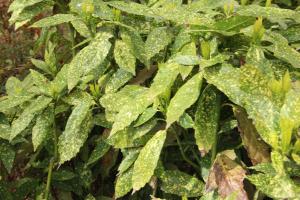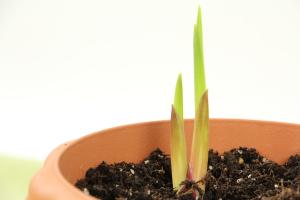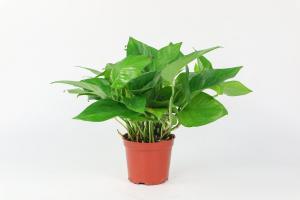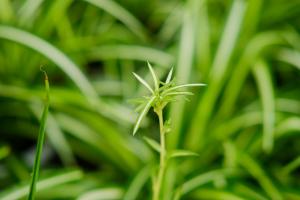Can a Water Borne Disease Infect Plants?
Water-borne diseases are common and often associated with human health. These diseases are caused by pathogenic microorganisms that are present in polluted water sources. However, can these diseases also infect plants? The answer is yes. Water-borne diseases can infect plants just as they do with humans and animals, causing disease and even death in some cases. In this article, we will explore how water-borne diseases can infect plants and what measures can be taken to prevent it.
How Water-borne Diseases Spread to Plants
Water-borne diseases can spread to plants through contaminated water sources. When plants are exposed to polluted water, the pathogens may enter the plant tissue through the roots or leaves. Once inside the plant, the pathogens can cause disease and damage the plant's health. Some common water-borne diseases that can infect plants include:
Phytophthora root rot
Fusarium wilt
Pythium damping-off
Bacterial leaf spot
These diseases can have devastating effects on crops, leading to reduced yields and economic losses for farmers.
Prevention Measures
Preventing water-borne diseases from infecting plants is essential to ensuring healthy plant growth and increased yields. Some prevention measures that can be taken include:
Using clean and safe water sources for irrigation
Ensuring proper drainage to prevent waterlogging
Rotating crops to prevent disease buildup in the soil
Using disease-resistant plant varieties
Sterilizing equipment and tools to prevent cross-contamination
Monitoring crops regularly for signs of disease
By taking these measures, farmers and growers can prevent water-borne diseases from infecting their crops and ensure a healthy and profitable harvest.
Conclusion
Water-borne diseases can infect plants and have devastating effects on crops. It is therefore essential to take preventative measures to ensure that plants are not exposed to contaminated water sources. By using clean water, ensuring proper drainage, rotating crops, using disease-resistant plant varieties, sterilizing equipment and tools, and monitoring crops regularly, farmers and growers can minimize the risk of water-borne diseases infecting their plants. With these measures in place, healthy and productive crops can be grown, leading to better crop yields and economic benefits.

 how many times do yo...
how many times do yo... how many planted tre...
how many planted tre... how many pine trees ...
how many pine trees ... how many pecan trees...
how many pecan trees... how many plants comp...
how many plants comp... how many plants can ...
how many plants can ... how many plants and ...
how many plants and ... how many pepper plan...
how many pepper plan...

































